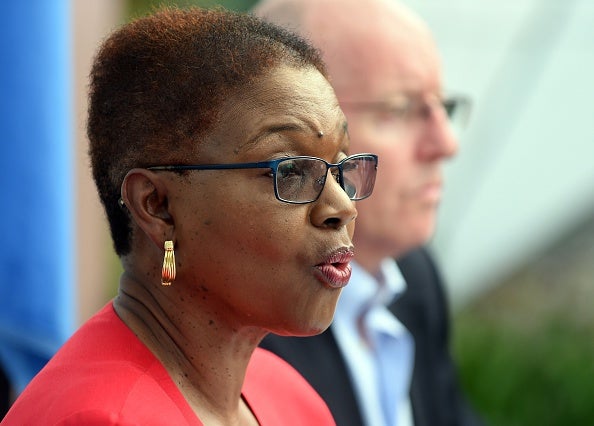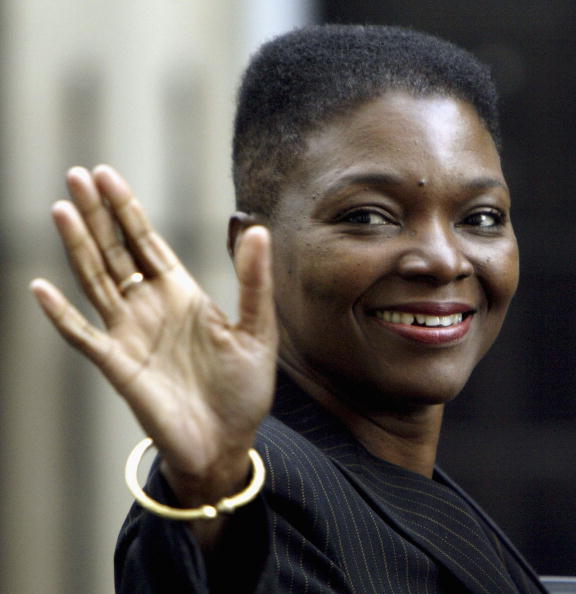Your support helps us to tell the story
This election is still a dead heat, according to most polls. In a fight with such wafer-thin margins, we need reporters on the ground talking to the people Trump and Harris are courting. Your support allows us to keep sending journalists to the story.
The Independent is trusted by 27 million Americans from across the entire political spectrum every month. Unlike many other quality news outlets, we choose not to lock you out of our reporting and analysis with paywalls. But quality journalism must still be paid for.
Help us keep bring these critical stories to light. Your support makes all the difference.
The UK has gained its first-ever female black university leader in the form of Baroness Valerie Amos.
In its most recent statistical report, the Equality Challenge Unit found almost 70 per cent of senior academic managers are white males – with nearly 16 per cent of this group at professor level.
In stark contrast, the report found only 2.8 per cent of black and minority ethnic female academics were employed at even professor level.
Now, the senior United Nations official and former Cabinet minister is set to break the mould and take charge at SOAS, University of London from September, saying she was “honoured” to be joining the university.
She said: “SOAS is a special institution with global recognition for its research and teaching on Asia, Africa and the Middle East, bringing different perspectives to scholarship.”
Since it was founded in 1916, as the School of Oriental Studies, it has forged a global reputation for research and teaching with a focus on the three places as mentioned by Baroness Amos.
The new leader hailed the school’s “vast repository of knowledge and expertise on its specialist regions” and added: “SOAS is uniquely placed to inform and shape current thinking about the religious, political, cultural, security and economic challenges of our world.”

She highlighted what needs to be done at the school now that she will be at the helm and said: “There is an interrelated set of issues which need to be addressed to manage growing complexity and the contradictions of greater global connectivity and greater fragmentation.
“SOAS is a place where I can continue to grow and learn and use the skills, knowledge and experience I have gained over the years.”
Born in Guyana, the Baroness was educated at Bexley Technical High School for Girls (now Townley Grammar School) in south-east London.
She went on to earn a BA in Sociology from the University of Warwick and an MA in Cultural Studies from the University of Birmingham.
She also undertook cultural studies at the University of East Anglia where she investigated the transition from school to work for black girls.
As an advocate of higher education, Baroness Amos is co-founder and Patron of the Amos Bursary which promotes higher education opportunities for young men of African and Caribbean heritage in the UK.
Baroness Amos will be replacing Professor Paul Webley who is retiring from SOAS due to ill health.
Subscribe to Independent Premium to bookmark this article
Want to bookmark your favourite articles and stories to read or reference later? Start your Independent Premium subscription today.

Join our commenting forum
Join thought-provoking conversations, follow other Independent readers and see their replies
Comments